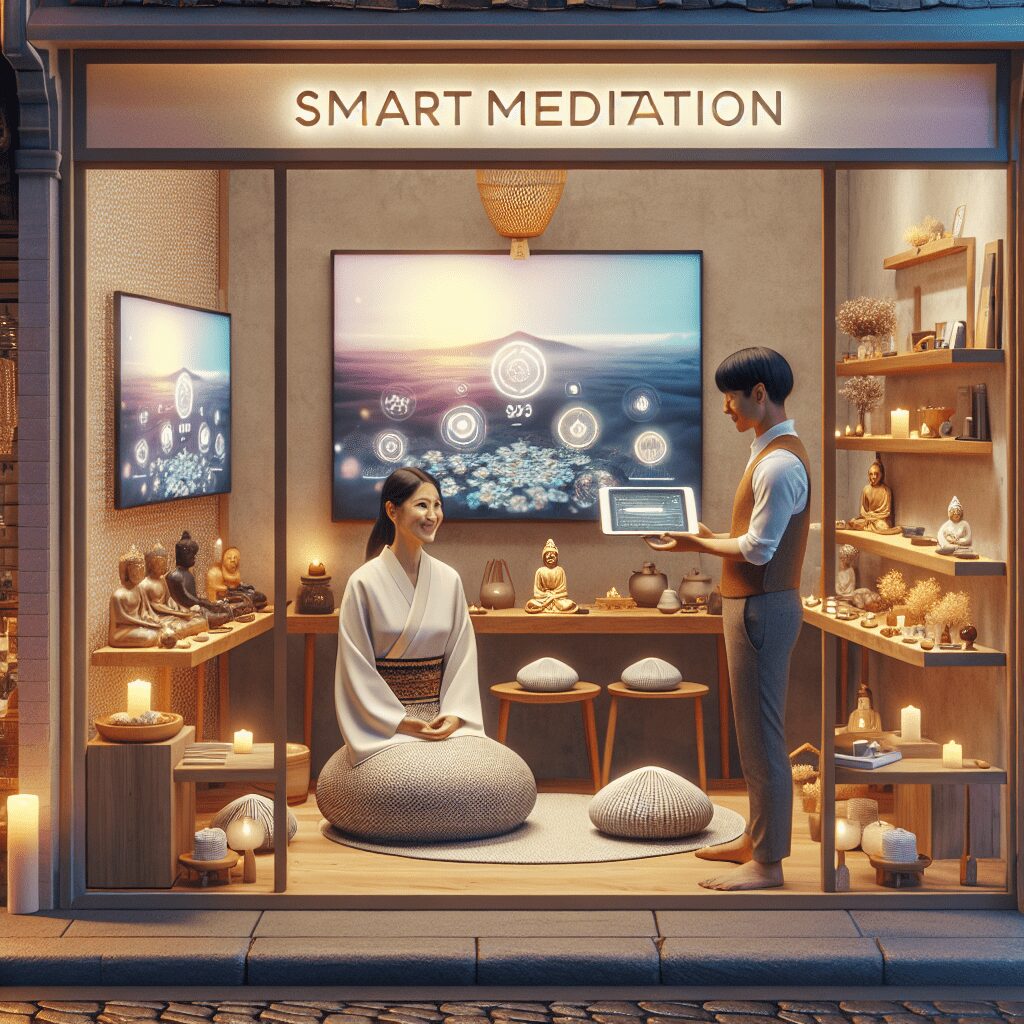
Prioritize your mental well-being daily. Enhance your life by nurturing your mental health with the Smart Meditation app. Break free from stress, alleviate anxiety, and enhance your sleep quality starting today.
How To Prove You Have Anxiety?
Unlocking the Mystery: Proving Anxiety Isn’t Just in Your Head
In the ever-spinning world we live in, where stressors lurk around every corner, anxiety has become somewhat of a silent epidemic. It’s that uninvited guest at the party of your mind, making itself at home when you least expect it. Yet, despite its prevalence, proving you have anxiety can often feel like trying to catch smoke with your bare hands. The intangible nature of mental health issues, coupled with societal stigma, can make the journey towards recognition and support a steep uphill battle. But fear not! Let’s break down the invisible barriers and uncover the roadmap to proving anxiety.
The Evidence Is in the Details
When it comes to proving you have anxiety, documentation is king. And no, this doesn’t mean you have to carry around a gigantic file labeled “My Anxiety Chronicles.” It starts with paying attention to the nuances of your daily experiences.
-
Journal It Out: Keeping a daily diary of your thoughts, feelings, and triggers can serve as compelling evidence. Describe the pounding heart, the restless nights, the worry spirals that seem to have no end. The devil is in the details, and these records can prove invaluable.
-
Doctor’s Orders: Consider your physician or psychiatrist as the Sherlock to your Watson. A thorough medical evaluation, including physical exams and possibly even blood tests, can rule out other culprits impersonating anxiety. Once physical causes are out the window, your healthcare provider’s diagnosis becomes a powerful ally in your quest for validation.
-
Seeing Is Believing: Psychological assessments and questionnaires, often wielded by psychologists or psychiatrists, can provide quantifiable proof of anxiety. Tests like the Hamilton Anxiety Scale (HAM-A) or the Beck Anxiety Inventory (BAI) can transform your seemingly invisible symptoms into tangible data.
Navigating the Maze of Misconceptions
Even armed with solid evidence, tackling the misconceptions surrounding anxiety can feel akin to navigating a maze with no exit in sight. Here lies the biggest roadblock: the stigma and misunderstanding that shroud mental health. So, how do you leap over this hurdle?
-
Educate to Liberate: Knowledge is power. Arm yourself and others with credible information about anxiety. Sites like the Anxiety and Depression Association of America (ADAA) are treasure troves of resources that can dismantle myths and foster understanding.
-
Peer Power: There’s strength in numbers. Connecting with support groups, either virtually or in person, can not only provide you with a battalion of support but also serve as a testament to the reality of anxiety disorders.
-
Speak Your Truth: Sharing your story, whether in intimate settings or larger platforms, can be both cathartic for you and eye-opening for others. Personal narratives have a unique way of piercing through skepticism, lighting the way for empathy and recognition.
In conclusion, while the path to proving anxiety can be fraught with challenges, it’s far from insurmountable. With diligent documentation, professional validation, and a dash of advocacy, the veil of invisibility can be lifted from anxiety. Remember, it’s not just about proving to others; it’s about affirming the validity of your experience and stepping forward towards the support and understanding you deserve. In the journey of mental health, your voice is the most potent tool you possess—so let it echo.





